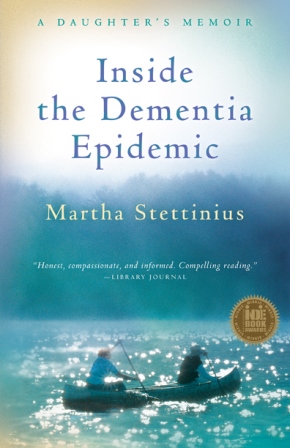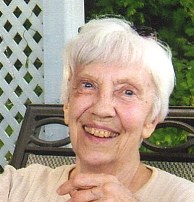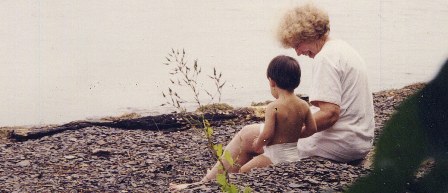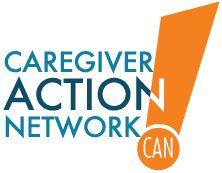Hospice and Alzheimer's Disease: Do Family Caregivers Receive Enough Support in the Final Days?
 Wednesday, April 2, 2014 at 01:31PM
Wednesday, April 2, 2014 at 01:31PM  It’s a common misunderstanding that hospice provides care 24 hours a day.
It’s a common misunderstanding that hospice provides care 24 hours a day.
Like many family caregivers, I assumed that once my mother was actively dying, hospice staff would glide into her nursing home like angels and support both her and me around the clock. (I was wrong.)
If your loved one lives in an elder care facility, or at home, it’s important to know ahead of time that the hospice team (which includes nurses, social workers, home health aides, volunteers, chaplains, and bereavement counselors) will visit you and your loved one only a few hours a day or week. Only in a stand-alone hospice care residence (an “inpatient” hospice facility) will your loved one receive around-the-clock care, and you around-the-clock emotional support.
In my post this week for caregivers.com, I compare my experience with hospice in a nursing home with the more positive experience of Ann Napoletan, author of the Alzheimer's blog "The Long and Winding Road," whose mother passed away in a hospice care residence.
The limitations of hospice become most apparent in two scenarios, I believe:
1) when a loved one declines rapidly, without warning, and has not already qualified for hospice; and
2) when a loved one dies at home, in assisted living, or a nursing home, rather than in a hospice care residence.
My mother’s situation happened to reflect both.
As caregivers we do the best we can to protect our loved ones and be there for them, but it’s helpful to recognize our own need for support as we face the unknown.
I hope that my sharing my story will help you be better prepared.
Read "Hospice: When It Relieves Caregiver Anxiety, and When It Falls Short" here.



















